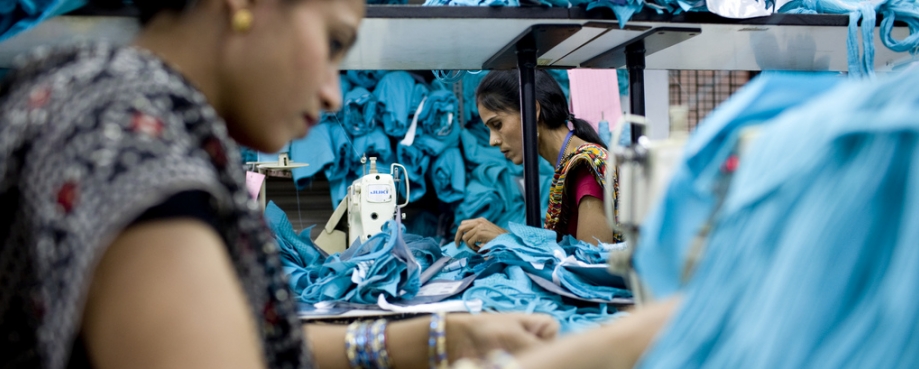
ETI’s free business guidance can be downloaded here: Base code guidance: Gender equality
Gender inequality can be found in most industries in most parts of the world. Women and girls are more likely than men to be employed in low skilled jobs, including informal or precarious work, and often lack the skills and confidence to progress to more stable, better paid employment.
Yet, tackling gender inequality and discrimination not only benefits women workers and wider society, it is also good for business. A mounting body of evidence shows how it can help manufacturers boost productivity while reducing absenteeism, staff turnover, overtime and production errors.
ETI’s Senior Advisor on Gender and Diversity, Halima Ahmed says: “Women are disproportionately represented in the lower tiers of supply chains and are currently without much hope for progressing towards more productive and better paid work. This is bad for women and bad for business. Companies need to better understand the risks and vulnerabilities that are particular to women workers. And take steps to address them.”
To help address the root causes of inequality, ETI’s new guidance summarises likely gender issues in supply chains and how businesses can respond. Published in two parts, Part A sets out the rationale for addressing gender inequality including the key factors that affect women given their specific vulnerabilities. Part B outlines a graduated approach to the integration of gender equality and women worker’s rights using a human rights due diligence approach, with examples of best practice.
“The #MeToo movement has drawn invaluable attention to the fight against sexual abuse. That movement now needs to be extended into global supply chains and be used as a springboard to help upgrade women’s labour rights,” says Halima Ahmed. “When women are respected and can earn a decent income, there is a multiplier effect. They support themselves and their families and contribute to the development of more sustainable communities and economies everywhere.”
As part of ETI’s 20th anniversary conference on responsible supply chains, being run on 31 October and 1 November in conjunction with business risks solution provider Elevate, there will be a session on empowering women in supply chains. Delegates will hear from Dr Stephanie Barrientos of the University of Manchester, Janet Ruto of Finlays, Inés Renobales Fernández of Inditex, Chidi King of the ITUC and Caroline Downey of Women Working Worldwide. They will be given practical insights on understanding supply chains from a gender perspective, given advice of how to address common issues and on making the business case for a strategy that empowers and uplifts women in the workplace.
